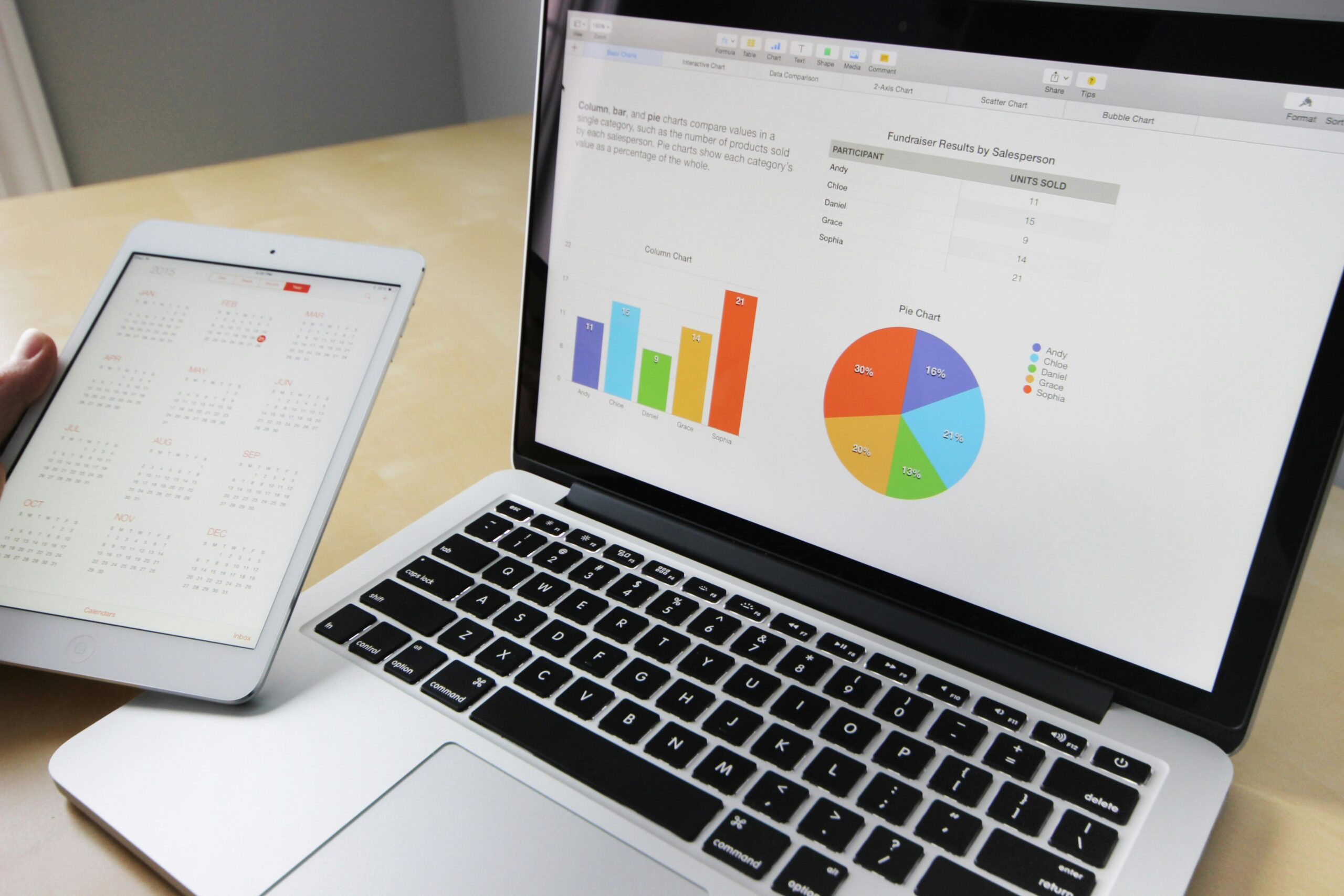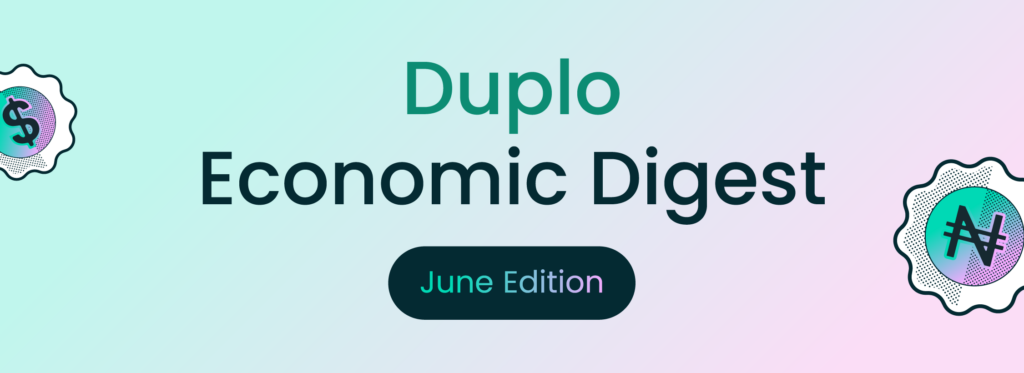
Welcome to the first edition of our Economic Digest. Let’s kick off with some news from the Nigerian economy and the government.
Nigerian Macroeconomic Recap
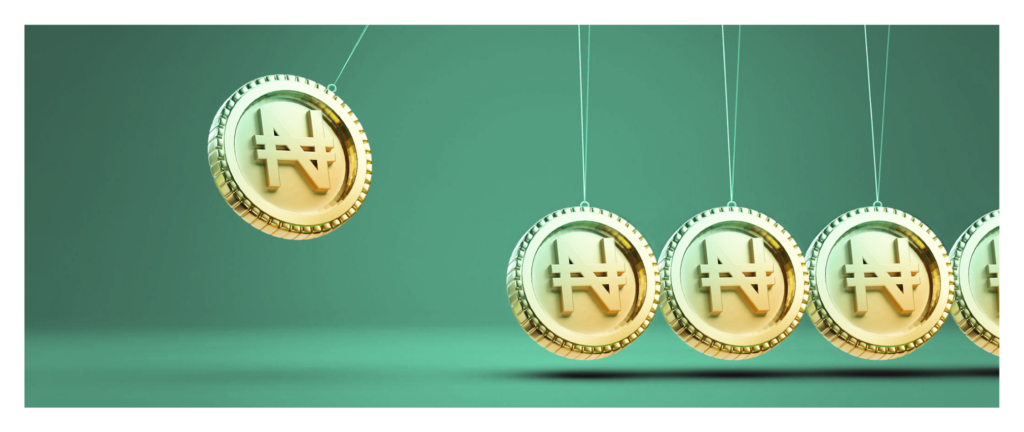
The World Bank steps in to support the Nigerian government in navigating the turbulent macroeconomy
The World Bank has approved two loans for Nigeria totalling $2.25 billion, consisting of $1.5 billion for the Nigeria Reforms for Economic Stabilization to Enable Transformation (RESET) Development Policy Financing Programme and $750 million for the Nigeria Accelerating Resource Mobilization Reforms (ARMOR) Programme-for-Results. This financial package aims to support Nigeria’s economic stabilisation efforts, increase non-oil revenues, and improve public service delivery. These loans are brought to light concurrently with the Nigerian government’s broader Accelerated Stabilisation and Advancement Plan (ASAP), proposed by the Finance Minister and Coordinating Minister of the Economy, Wale Edun.
The plan proposes tariff suspension, importation of rice, suspension of value-added taxes (VAT), and enhancement of productivity in different parts of the country. While the World Bank loans are designed to strengthen Nigeria’s foreign currency holdings, boost liquidity, and help reduce inflation, there are concerns about their impact on the country’s growing debt burden.
Nigeria’s total sovereign debt increased by ₦24.33 trillion to ₦121.67 trillion in Q1 2023, up from ₦97.34 trillion in December 2023. The domestic debt component rose to ₦65.65 trillion, while the dollar component of external debt decreased slightly but saw its naira equivalent increase significantly due to naira devaluation. However, given the concessional terms of the loans, its impact on the country’s overall debt position is not dire. Increased foreign exchange inflows through the loans mean a boost in the foreign exchange reserves, which should lead to a stabilisation of the naira or, at best, an appreciation shortly after disbursement—reducing the cost of accessing foreign exchange for businesses.
On the bright side, the naira devaluation bodes well for trade as Nigeria records record-high trade surplus
In Q1 2024, Nigeria recorded a trade surplus of ₦ 6.52 trillion (USD 7.6 billion), the highest on record, 44% higher than the previous quarter. However, the weaker Naira limited the growth in dollar terms to 14%.
Exports increased by 51% to ₦ 19.17 trillion (USD 22.5 billion) compared to Q4 2023. This represents a significant increase, particularly compared to Q1 2023 (₦ 6.49 trillion, USD 22.24 billion). Crude oil remained the leading export, making up 80.8% of the total at ₦ 15.49 trillion (USD 18.19 billion). This shows growth compared to the prior quarter (50.2%) and the same period last year (200.79%). Agricultural exports rose to ₦ 1.04 trillion (USD 1.22 billion), which represents a significant increase from Q4 2023 (123%) and Q1 2023 (270%).
Imports also grew in Q1 2024, but slower than exports. The total import value reached ₦ 12.64 trillion (USD 14.8 billion), reflecting a 39.65% increase from the previous quarter. Key imports included motor fuels, wheat, sugar, and liquefied petroleum gases. Agricultural imports also saw a notable rise (29.45%) compared to Q4 2023.
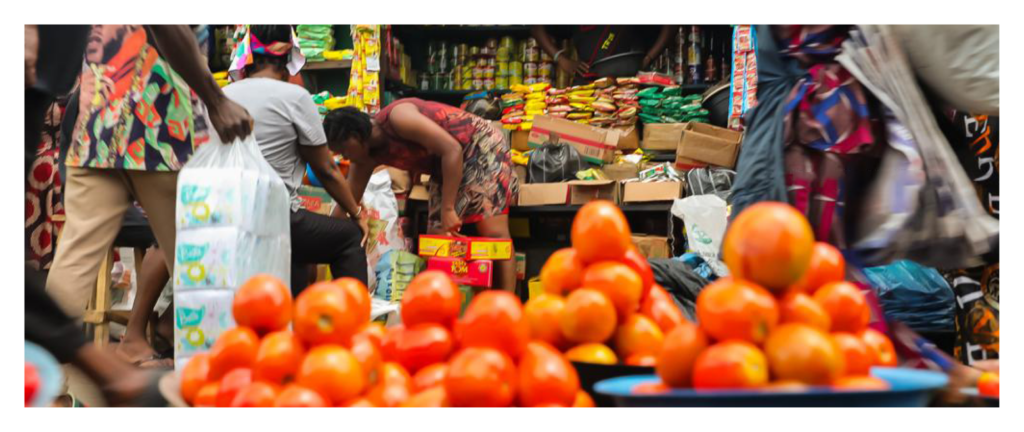
But the cost of living in Nigeria remains stubbornly high, with inflation surging to a near 30-year high
In May 2024, Nigeria’s headline inflation rate rose to 33.95% – a 0.26 percentage point increase from 33.69% in April 2024 and a staggering 11.54 percentage points greater than the 22.41% recorded in May 2023. Most concerning is thesoaring food inflation rate, which reached an all-time high of 40.66% year-on-year in May 2024, up from 40.53% in April and a significant 15.84 percentage point increase from 24.82% in May 2023.
Slowing inflation is unlikely to translate into increased consumption immediately, but it should be seen in Q4 2024 due to cyclical consumption and increased income for Nigerians from the government’s social welfare programs. High inflation means Nigerians have lower disposable income, which shrinks the market size for many businesses. It also puts pressure on businesses to increase their salary payments, evidenced in the current impasse between the government and organised labour unions about the minimum wage deliberations – with the former proposing a monthly payment of ₦62,000 ($44.2) and the latter, ₦250,000 ($178.6).
The Central Bank has been busy putting measures in place to stabilise inflation and exchange rate volatility
The Central Bank of Nigeria (CBN) introduced a new policy on 24 June to improve diaspora remittance settlements by giving International Money Transfer Operators (IMTOs) direct access to naira liquidity through the CBN or Authorized Dealer Banks (ADBs). This policy enables same-day settlement for transactions completed before noon and follows Nigerian Autonomous Foreign Exchange Fixing (NAFEX) rates for transparency. IMTOs and ADBs must submit daily regulatory returns to maintain accountability. The policy allows IMTOs to participate in Nigeria’s forex market, potentially stabilizing exchange rates and benefiting international trade. This move aims to boost remittance flows through formal channels, providing businesses better access to foreign currency and improving cash flow management.
On 26 June, the CBN issued another circular discontinuing the use of the payment verification report as part of the documentation required to acquire foreign exchange for importation. The discontinuation of this will likely lead to companies channeling their trade through official sources. Consequently, it reduces demand in the parallel market.
Finance Flashback
Top highlights of the Finance sector in June

In the financial market, the NGX saw marginal growth in June
The Nigerian Exchange (NGX) has shown a modest positive performance in June, with a month-to-date return of 0.63% as of June 14, 2024. This comes after a slowdown in Q2 2024, following a strong start to the year. The All-Share Index (ASI) stood at 99,743.05 as of June 21, representing a year-to-date return of 33.39%. The market has shown resilience after a bearish April, attempting to bounce back in May and June.
There’s been significant activity in certain stocks, such as Veritas Kapital Assurance, one of the most traded stocks in June with a turnover volume of 241.678 million shares. Corporate actions have influenced some stock performances. For example, Guinness Nigeria’s share price surged by 19.19% following the announcement of Tolaram’s takeover. Despite the recent gains, some stocks like Guinness Nigeria (-8.71%) and FTN Cocoa (-7.43%) still show year-to-date losses, which could present potential opportunities for value investors.
SEC prepares a soft landing for banks ahead of the banking sector recapitalisation with guidelines for raising funds
The Securities and Exchange Commission has issued guidance on how banks, holding companies, and market participants can raise capital through public offerings, private placements, or mergers and acquisitions to achieve the Central Bank’s recapitalisation goals. This came after the Central Bank of Nigeria (CBN) issued new capital requirements for banks; international banks were required to raise their capital base to ₦500 billion, national banks to ₦200 billion, and regional banks to ₦50 billion.
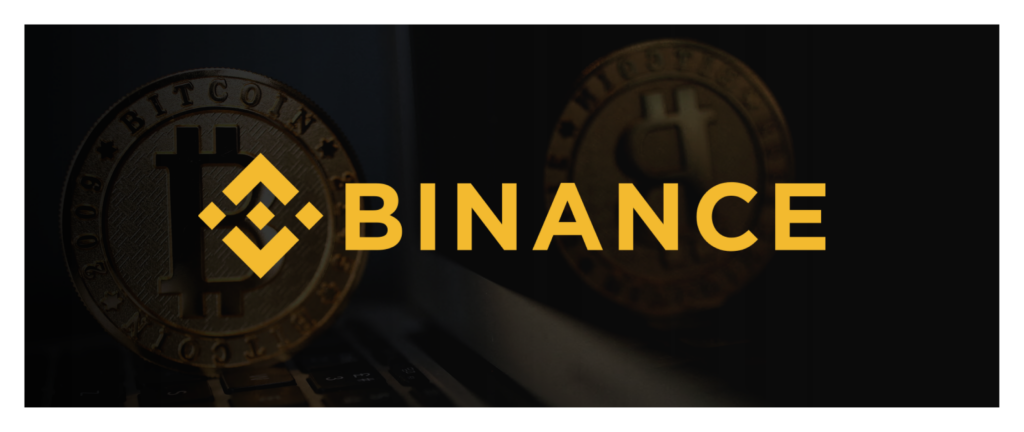
The banking sector isn’t the only one getting a soft landing; Binance exec who was detained for allegedly gets one less charge
Tax evasion charges against Tigran Gambaryan, a US citizen and Binance’s head of financial crime compliance detained in Nigeria since February 2024, were dropped on June 14. However, he still faces charges of money laundering. US lawmakers French Hill and Chrissy Houlahan visited Gambaryan at Kuje Prison in Abuja, where they found him in poor health with malaria and double pneumonia, alleging inadequate medical care. They, along with 10 other US politicians, have urged President Biden and the hostage affairs unit to secure Gambaryan’s release, claiming wrongful detention. In response, Nigerian Minister of Information Mohammed Idris denied claims of poor healthcare, stating Gambaryan has access to quality medical care and consular services from the US government.
The Nigerian government emphasised that Gambaryan’s detention is court-ordered and that only the court can alter terms or order release, asserting his rights to a fair trial and care. Gambaryan’s trial on money laundering charges has been adjourned to July 1, 2024, amidst ongoing contention between US officials and Nigeria over his detention and legal proceedings. In India, Binanace has also been hit with a $2.25 million fine for allegedly violating India’s money laundering law.
Comparatively, Bitcoin saw a huge boost, with its value increasing by over 100% in June
In June 2024, the cryptocurrency market, especially Bitcoin, experienced notable developments. Bitcoin had hit a new all-time high earlier in the year, spurring a bullish trend driven by key factors: bitcoin halving, institutional investments due to approval, expansionary monetary policy, and the crypto market maturity. Analysts predicted this combination could lead to the biggest bull run since 2021. Large digital wallets invested heavily in established cryptocurrencies and smaller projects with low market caps for potentially higher returns.
Positive sentiment was bolstered by events like Money20/20 Europe and BTC Prague 2024, which brought together industry leaders and investors. By June 23, 2024, Bitcoin’s price was $64,418.80, a slight decline from the beginning of the month when it was $66,615.54, marking a 3.3% decrease. Throughout June, Bitcoin’s price fluctuated between a high of $66,615.54 on June 17 and a low of $64,071.62 on June 22, indicating a period of consolidation. Despite this, Bitcoin’s value had increased by 114% from June 2023, demonstrating strong overall growth in the cryptocurrency market despite short-term volatility.
Naira Performance in June
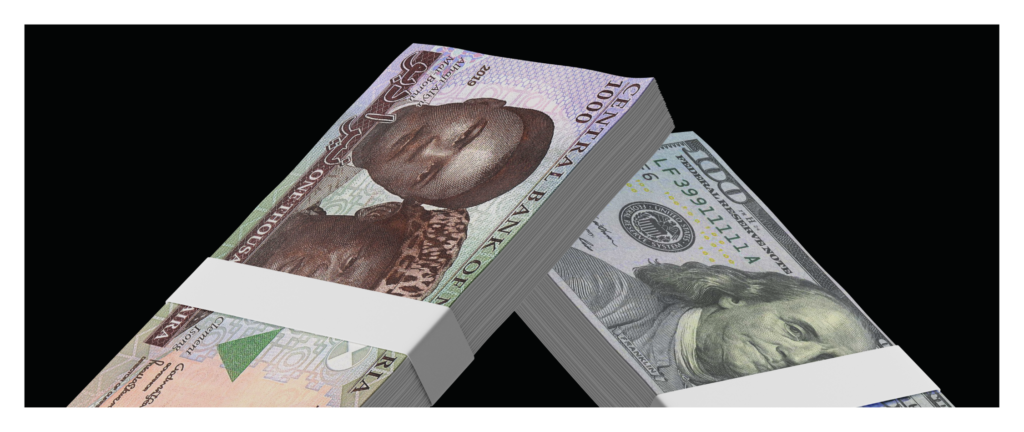

In June 2024, the Nigerian Naira’s performance in the foreign exchange market showed muted volatility and depreciation, depreciating by 0.39% between ₦1474 on 3 June and ₦1480 on 24 June in the official window.1 The parallel market rate also saw similar muted volatility, moving from 1487 to 1498 during the same period, despite the Central Bank’s efforts to stabilise its value.2 The June performance is an improvement from the performance of the naira in May, when it depreciated by 10% between 30 April and 31 May.
There have also been unverified reports that the CBN has once again stopped selling foreign exchange to Bureau De Change (BDC) operators, following a brief period of resumed sales in 2024 after a previous ban in July 2021. This decision is part of the CBN’s ongoing efforts to reform and liberalise the foreign exchange market. The reasons for halting forex sales to BDCs include testing the CBN’s reform template to minimize quick fixes in FX market management, further liberalizing the FX market to build confidence, and addressing persistent distortions in the retail segment of the forex market.
For businesses, this move may lead to reduced availability of foreign currency in the retail segment, potentially making it more challenging for small businesses to access forex for their operations. Businesses may face increased competition and potential delays in accessing forex through banks as demand shifts from BDCs to official channels. The naira may experience increased volatility against major currencies, affecting businesses involved in international trade and those with foreign currency obligations. Companies may need to adjust their forex sourcing strategies, potentially exploring alternative sources or relying more heavily on the official market. As access through official channels becomes more restricted, there might be an increase in parallel market activities, leading to wider spreads between official and unofficial rates. Businesses may need to implement stricter forex management policies and explore local alternatives to reduce their foreign currency needs.
This policy shift underscores the CBN’s commitment to reforming the forex market, but it may create short-term challenges for businesses as they adapt to the new reality. The ultimate impact will depend on how effectively the CBN manages the transition and implements its broader forex market reforms.
Company Focus – Tolaram Group
An unexpected union of noodles and beverage
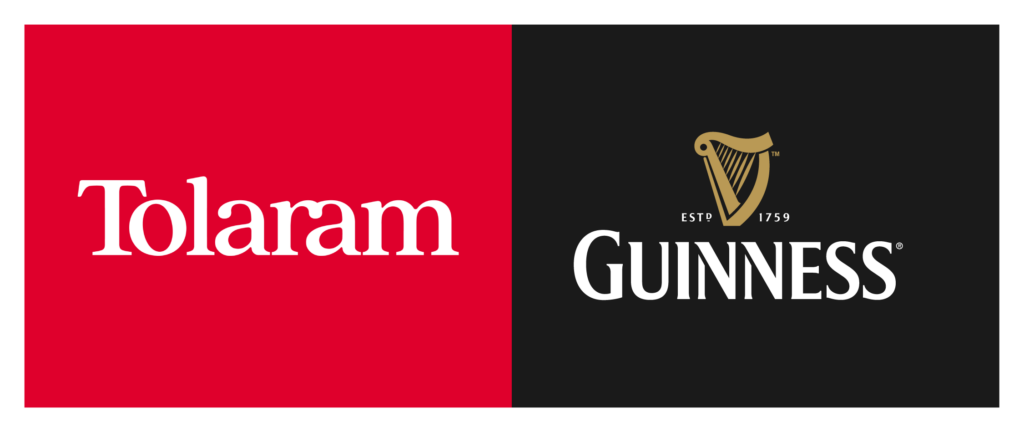
One of Nigeria’s most popular companies in June was Tolaram, after it acquired some parts of Guinness Nigeria. Tolaram, a Singapore-based conglomerate with a 50-year presence in Africa, recently acquired Diageo’s 58.02% shareholding in Guinness Nigeria Plc, marking a significant expansion of its footprint in the Nigerian market. This strategic move, valued at approximately £53.8 million, demonstrates Tolaram’s confidence in Nigeria’s economy and long-term business prospects. The acquisition aligns with Tolaram’s growth strategy, leveraging Nigeria’s extensive manufacturing and distribution capabilities.
As one of Africa’s leading consumer packaged goods companies, Tolaram has a history of successful joint ventures with multinational corporations, including partnerships with Indofood, Kellanova, Dano, and Colgate-Palmolive. Under the agreement, Tolaram will enter into long-term license and royalty agreements to continue producing the Guinness brand and Diageo’s locally manufactured ready-to-drink and mainstream spirits brands. This arrangement ensures continuity of operations and brand presence while allowing Tolaram to leverage its expertise in the Nigerian market.
The deal is expected to close in fiscal 2025, subject to regulatory approvals. Following the transaction, Guinness Nigeria will remain listed on the Nigerian Exchange Ltd., and Tolaram intends to launch a mandatory takeover offer to minority shareholders, as local regulations require. This acquisition positions Tolaram to capitalise on the growth potential in Nigeria’s beverage sector, combining its local market knowledge with Guinness Nigeria’s established brand presence. The move has been welcomed by Nigerian President Bola Tinubu, who commended Tolaram for its faith in Nigeria’s economy, potentially signaling a favourable business environment for the company’s future investments.
Investment Opportunities
Follow the money…
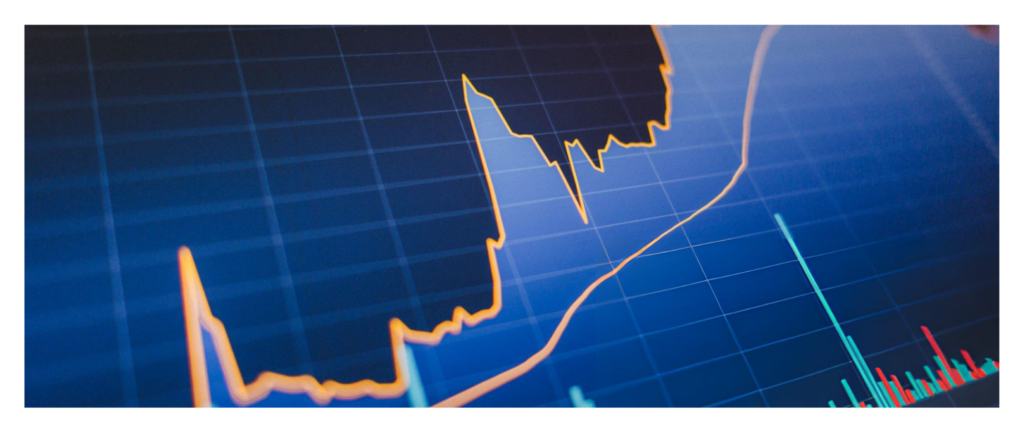
CBN issues new tranche of treasury bills
In Q3 2024, the CBN has detailed its plan to reissue ₦1.56 trillion worth of treasury bills. This re-issuance will cover the redemption of maturing bills, thereby maintaining the critical balance between debt servicing and liquidity management. Specifically, the re-issuance includes ₦170.86 billion for 91-day tenors, ₦189.36 billion for 182-day tenors, and ₦1.20 trillion for 364-day tenors.
- On August 8, 2024, the CBN will re-issue ₦16.59 billion for 91-day bills, ₦51.35 billion for 182-day bills, and ₦148.15 billion for 364-day bills, totalling N216.09 billion.
- Finally, on August 22, 2024, the re-issuance will include ₦60.69 billion for 91 days, ₦66.25 billion for 182 days, and ₦283.04 billion for 364-day bills, totaling ₦409.98 billion.
Dangote issues commercial paper
Dangote Sugar Refinery announced the successful issuance of its N42.79 billion Series 4 and 5 commercial papers, issued at 23% and 25%, respectively. The papers were issued as part of the company’s N150 billion commercial paper issuance program. The Series 4 and 5 issuances comprised N12.93 billion for the 181-day Series 4 and N29.86 billion for the 265-day Series 5.
Africa Focus

Creditors look kindly upon Ghana
Ghana has recently agreed in principle with its bondholders to restructure $13 billion of its international debt. This development follows a deal finalised with official creditors earlier in the month. The agreement involves bondholders taking a haircut on the principal of up to 37% and extending the maturity of the bonds. This restructuring is part of Ghana’s broader efforts to manage its external debt, totalling $30 billion at the end of 2022. The country defaulted on most of this debt in 2022 due to the economic impacts of the COVID-19 pandemic, the war in Ukraine, and rising global interest rates. The agreement is expected to be formalised soon, potentially paving the way for further financial support from the International Monetary Fund (IMF) under its $3 billion loan program.
South Africa’s rate cuts leave differing impacts on various sectors
The South African Reserve Bank (SARB) has implemented a series of rate reductions, with the most recent cut being 50 basis points, bringing the repo rate down to 3.75% and the prime lending rate to 7.25%. This decision was not unanimous, indicating potential challenges for future cuts. While consumer-facing sectors are likely to benefit from this, the financial sector is poised to be hit by this policy. FirstRand’s headline earnings are projected to fall by only 2%, compared to 7% for Nedbank and 4.5% for Standard Bank.
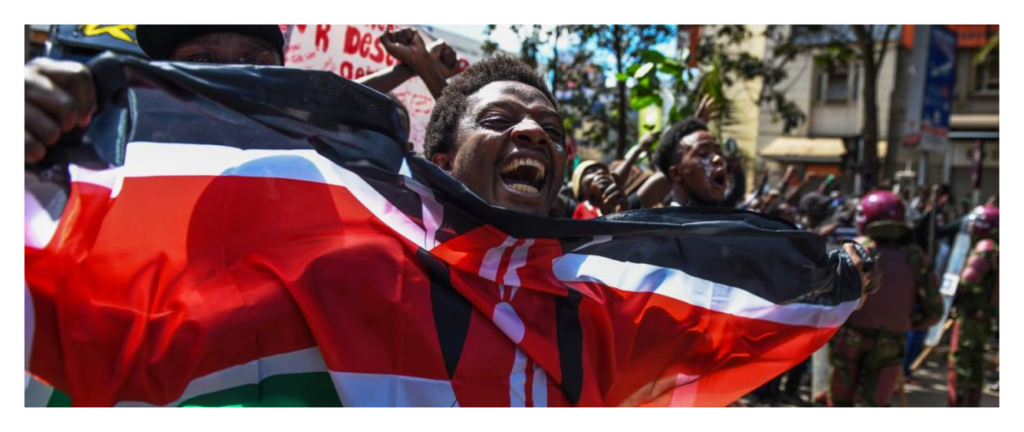
Kenyans resist new taxes
Following a series of protests in Kenya on the week of 24 June–which led to the tragic death of at least ten people, President William Ruto announced the reversal of the Finance Bill 2024, which was aimed at raising $2.4 billion for the Kenyan government. The bill’s withdrawal is likely to signal a reduction in anticipated revenue, which in turn is likely to cause a marginal depreciation of the Kenyan shilling as a knee-jerk reaction to the restriction in economic activities and the withdrawal of the Finance Bill. However, we expect the shilling will stabilise shortly after, given allayed fears about the government’s inability to meet its June 2024 Eurobond payment–after paying the balance of its Eurobond on 21 June–and sustained support from the International Monetary Fund (IMF).
We have good news on our side too:
- Duplo is proud to join the FNCCI (Franco-Nigerian Chamber of Commerce & Industry) ecosystem, connecting with over 400 members across diverse sectors to foster growth and facilitate business exchanges between French and Nigerian enterprises
Upcoming events in July:
- The Nigeria Fintech Forum is scheduled for 25 July at the Civic Centre, Victoria Island, Lagos.
- IOT West Africa Conference & Exhibition will be held on July 2nd-4th, 2024, at the Federal Palace Hotel in Lagos, Nigeria
Download our latest resource on:
- Creating a More Effective and Agile Finance Team Through Automation
- 15 National and Global Finance Certifications and Courses
We hope you found this edition insightful. See you next month!
